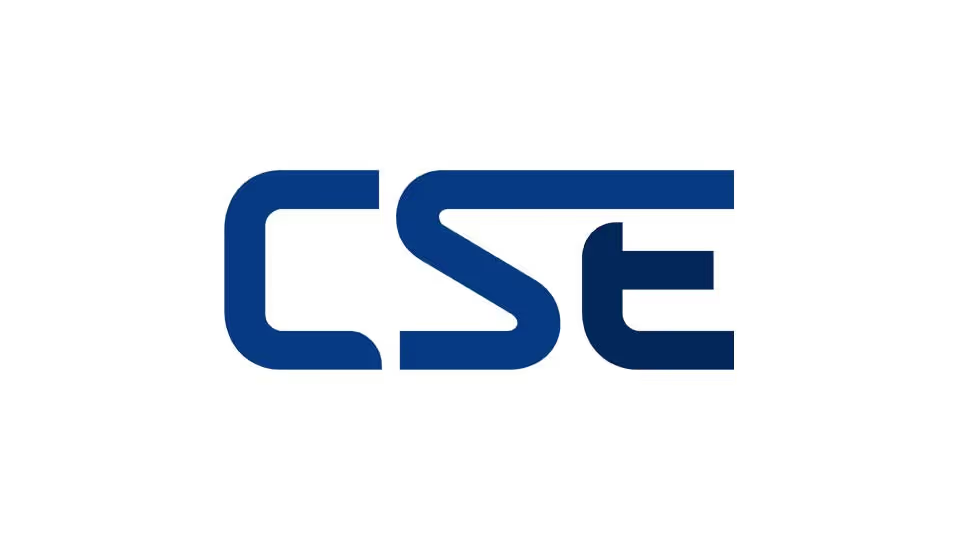The Canadian Securities Exchange - 20 Years a Disruptor
Reflecting on the CSE’s 20-year anniversary, CEO Richard Carleton recalls that there were strong beliefs contrary to the introduction of a new marketplace in Canada.


Two decades after its establishment as an alternative to the TSX Venture Exchange, the Canadian Securities Exchange (CSE) is firmly entrenched as an essential part of the Canadian public capital markets.
When the CSE received its formal recognition from the Ontario Securities Commission in 2004, it became the first new Ontario-based exchange since the 1920s.
Reflecting on the CSE’s 20-year anniversary, CEO Richard Carleton recalls that there were strong beliefs contrary to the introduction of a new marketplace in Canada.
“A lot of people told the founder group that they were crazy to help start up the CSE.”, Carleton remembers, “That there really was no need for another Canadian exchange, and that dealers were reluctant to support the advent of new markets in Canada”.
Despite this early resistance, it didn’t take long for the CSE to establish itself as a legitimate alternative to the TSX Venture. Utilizing the tactics of a start-up to help attract business, and a mandate to help reduce the overall costs of being a public company, the CSE offered a more client-friendly approach to listing early-stage public companies than its competition.
In the early years, this more efficient operating model – one with less red tape and significantly lower listing fees – drew the attention of many early-stage companies in the mining exploration space, an industry that still represents the backbone of the exchange today.

The CSE made such a splash, that market commentators began to notice the dearth of new listings on the Toronto Venture Exchange, and that the number of active companies listed on the exchange was declining. Carleton recalls talking to the media about the story: “I would call reporters up and say, ‘I actually know where these companies went’ and they would say. ‘Where did they go?’ And I said, ‘We've got them!’”
Twenty years later, the CSE has stayed true to its roots as a disruptor, and companies from emerging industries are still electing to go public with them for the same reasons.
Carleton believes that these early-stage companies are drawn to the CSE in part because the exchange itself shares an entrepreneurial spirit with them. “We get entrepreneurs because we are entrepreneurs ourselves. It is hardwired into the culture of the organization.” explained Carleton, “That translates into a superior commitment to customer service. We know that we have to earn every client relationship that we get and then continue to work on maintaining that good positive working relationship.”
Carleton believes that the transition to multi-market trading in Canada has been a net positive for both institutional and retail investors, as head-to-head competition with the TSX and other new entrants has led to lower trading fees and improved resilience of the Canadian trading infrastructure. “Not having a single monopoly provider of trading services has dramatically improved the ability of the Canadian securities industry to respond to challenges like the Covid pandemic, and the global financial crisis.”
After weathering the storm of the financial crisis in the late 2000s, new emerging industries beyond mining exploration began to flock to the CSE. Carlton is particularly proud of their willingness to work with the cannabis industry while it was in its infancy.
“We rode the cannabis boom with many of the pioneering companies in the space. Without the support of the CSE, it is unlikely that the industry would have expanded as quickly as it did.”
The support for the cannabis industry paid almost immediate dividends for the CSE. The large number of cannabis start-ups that chose to list with the CSE from Canada led to interest from companies in the United States and around the world. Today, the CSE boasts over 100 cannabis and ancillary businesses, some of which are amongst the CSE’s biggest issuers by market cap.
On the celebration of its 20th anniversary, the CSE is looking ahead to a bright future. While Carleton predicts the continued strong growth of the exchange – which adds around 80 new listings per year – and a continued willingness to work with emerging industries like tech, life sciences, and the surprising re-emergence of oil and gas, he also sees new challenges ahead for the public markets. “We've seen private equity and venture capitalists become a greater force in the support and development of early-stage companies, and that’s something that we have to compete with.” By electing to stay private, companies can avoid the additional costs, rules and regulations, and risk that comes with entering the public markets.
While he doesn’t have a quick fix to the competitive threat posed by private equity, Carleton does believe that one of the most important roles played by the public market ecosystem is the democratization of capital markets – expressed by the belief that everyone can participate in the wealth creation phase of a public company, not just the one percenters with the cash flow to bankroll companies from the private equity side. “I don't know what we're going to do, but I think it's critically important that folks involved in the public markets fight for our continued relevance as a source of growth capital for emerging companies. We have to tighten our game and respond accordingly.”
If the last twenty years of success are any indication, the CSE will be able to weather the storm, win over an ever-larger share of the addressable market, and continue to be a world-class disruptor in the Canadian public markets.

FULL DISCLOSURE: The Canadian Securities Exchange (CSE) is a client of BTV-Business Television. This article does not constitute investment advice. Each reader is encouraged to consult with his or her individual financial professional. Any action taken as a result of reading information here is the reader’s sole responsibility.
Latest Posts
Hot Companies
You might also like






